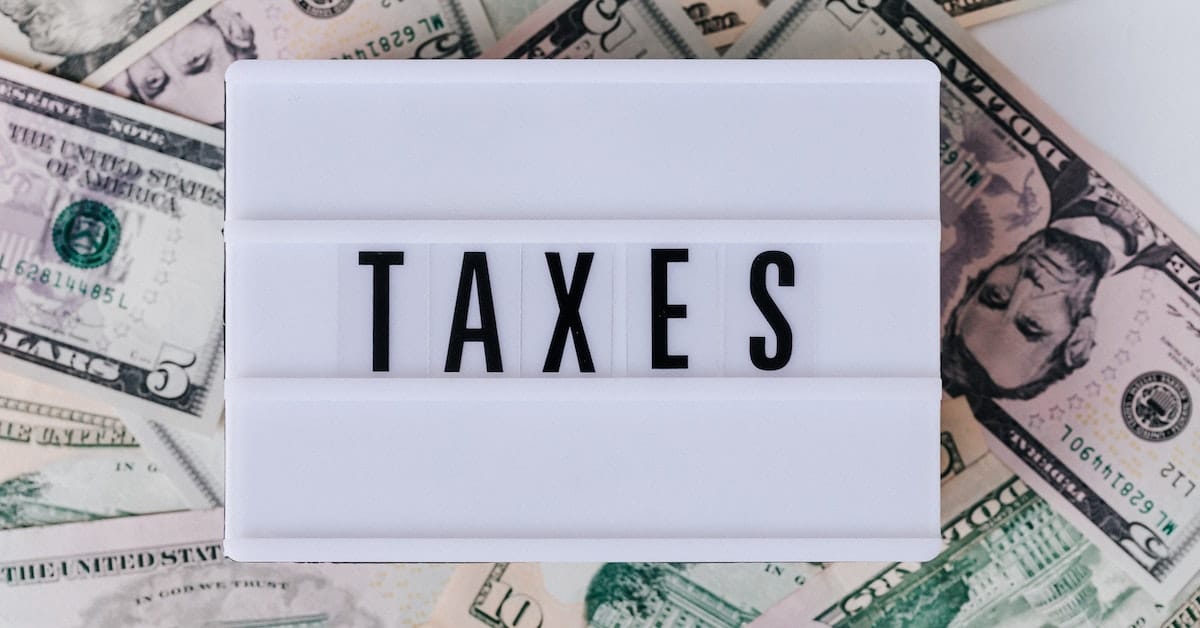Creating a rental property cash flow analysis is an important step to take when you’re investing in real estate. Understanding what is and isn’t an operating expense can be confusing, and it’s easy to make mistakes when determining whether a property is a good investment. One question new investors commonly ask is: Is depreciation an operating expense?
The short answer is: no. While depreciating your investment property is one of the biggest perks of owning rentals, it shouldn’t be included in your operating expenses.
Depreciation is not considered an operating expense for rental properties. Other costs that are excluded from operating expenses include capital expenses and mortgage payments.

Owners of residential investment properties are allowed by the IRS to claim an annual depreciation expense. This is to help compensate for normal wear and tear as well as obsolescence.
Operating expenses are the ongoing costs required to keep your property in good shape.
Depreciation isn't a direct or recurring cost; it doesn’t impact your rental property’s ability to create income and is, therefore, not an operating expense. That being said, depreciation is one of the major benefits of investing in rentals.
The idea behind depreciation is that tangible assets are depleted throughout their lifespan through decay or usage. This means that the value of the property is reduced as time goes on.

The assumption is that a property won’t be in pristine condition forever due to wear and tear.
For this reason, the IRS lets you claim depreciation during a set period of time known as the recovery period. Different assets have different recovery periods.
For example, less expensive purchases like furniture and office equipment have a recovery period that lasts seven years. Commercial properties, on the other hand, have recovery periods of thirty-nine years, while residential investment properties have a 27.5-year recovery period.
You can figure out the amount you can claim as a depreciation deduction every year by dividing the cost basis and value of the property over the number of years in the recovery period as indicated by the IRS.
It’s worth noting that the value of the land is not a part of your depreciation calculations, only the structures on the land. This is because the land is not considered a depreciating asset.
Understanding operating expenses is essential for determining how much you should expect to profit from your rental and what kind of cash flow you should be bringing in. These are the costs that you need to pay in order to keep your property in good condition and ensure that it generates income. In short, operating expenses are costs that have an impact on the day-to-day operation of your rental.

It’s important to include the right costs when determining your operating expenses. Otherwise, you can be left with a skewed outlook of a particular rental property. This can mean you make an investment decision based on faulty information.
If you include the wrong elements in the operating expenses for a property you already one, it can be difficult to accurately understand how your property is performing.
Certain requirements need to be met in order to claim depreciation on rental properties. These are:
Are you wondering where you should buy your next property? Check out our list of the best places to buy rentals in the US.
It can feel pretty confusing to understand what costs are considered operating expenses when you’re first starting out as a rental property owner. In general, you should only include costs that are ongoing and that go towards keeping the property in a good condition.

It’s worth noting that operating expenses can vary depending on the property. Some of the common expenses that are considered operating expenses include:
To learn more about how you should report your operating expenses to the IRS as a part of filing your taxes, you’ll want to take a look at IRS Schedule E (Form 1040).
It's also worth noting that owning your rental properties through an LLC will change the way you do your taxes. You can learn about the disadvantages of using LLCs for rentals in this post.
Mortgage payments, capital expenses, investor income taxes, and depreciation aren’t considered operating expenses. We’ve already talked about depreciation, but let’s take a quick look at why these other costs don’t qualify.
One of the major components of your cash flow (whether it’s positive or negative) is likely your mortgage payment. If you didn’t buy the property in cash, you’re probably making monthly mortgage payments.
When you’re looking at the estimated operating expenses for a potential property, it’s important to understand that the mortgage payments aren’t included in this number. The reason for this is that different investors will have different financing terms.
The money that you put towards improvements and large repairs doesn’t count as operating expenses. For example, if you replace the roof on a property, this is considered a capital expense rather than a part of routine maintenance.
Income taxes aren’t included in operating expenses, but property taxes are. Since your income taxes aren’t directly related to your rental property’s ability to generate income, they don’t count as operating expenses.
Understanding the ins and outs of rental property investing can present a big learning curve for new investors, and even seasoned investors can find the whole process a bit confusing.
If you’re considering buying a rental and are trying to choose the right one, you’ll want to make sure that all of the numbers lean in your favor. Be sure to check out our rental property calculators to help you create a shortlist and select the property that best fits your investment needs.
We encourage you to share this article on Twitter and Facebook. Just click those two links - you'll see why.
It's important to share the news to spread the truth. Most people won't.